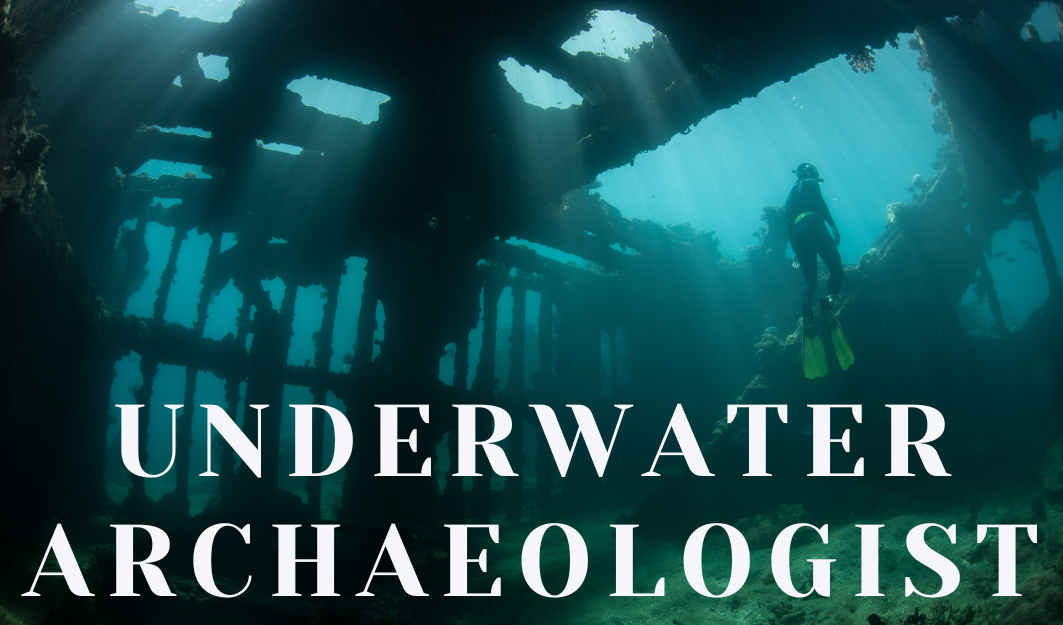Underwater Archaeologist


Underwater archaeologists, also called maritime archaeologists, employ ocean technologies for acoustic and magnetic remote sensing of the ocean floor. They also conduct traditional archaeological surveys while SCUBA diving. Maritime archaeologists may explore shipwrecks or other remains of human culture, including sunken habitation sites, anchorage or landing sites, and ports or harbors.
Underwater archaeology can be a difficult field to get into, but attainable for candidates with a combination of strong SCUBA diving skill, an attention to detail, and a passion for human history.
High school coursework:
- History - archaeologists have an understanding and appreciation for human history
- Science - physics and chemistry will give you a basis for understanding the ocean’s dynamics
- Math - math can be important for planning, conducting, and modeling before, during, and after surveys
- English - writing skills will prove helpful for writing up field reports, grant proposals, etc.
Classes you could take at Cal Poly:
Although you may pursue a degree in Anthropology to get into the field of archaeology, an underwater archaeologist will need strong coursework in marine sciences.
- MSCI 330: Technologies for Ocean Discovery
- MSCI 410: Scientific Diving
- HIST 317: The Lure of the Sea
Ways to get experience:
- Visit an archaeological dig!
- To be an underwater archaeologist, you must understand the principles of traditional archaeology. Contact the anthropology department at a local university or join a volunteer program to get your hands dirty experiencing professional archaeology.
- Learn SCUBA
- Earn your PADI certification and get as much experience diving as you can
- Learn geospatial technologies such as GIS to get a hand up on other candidates